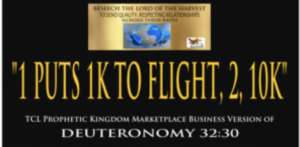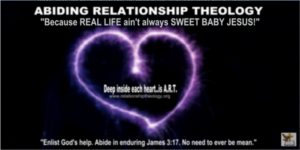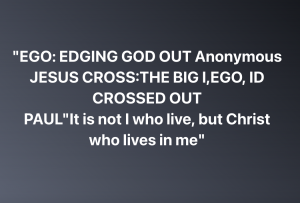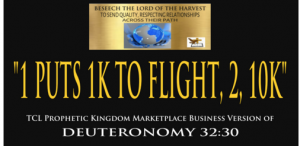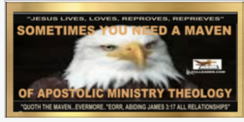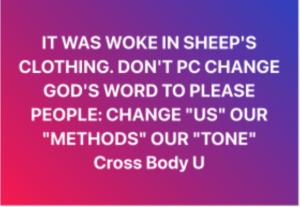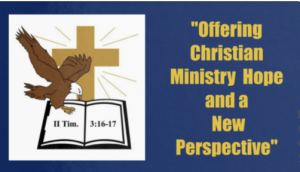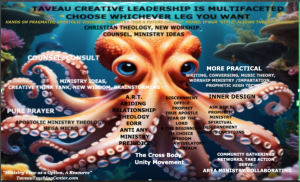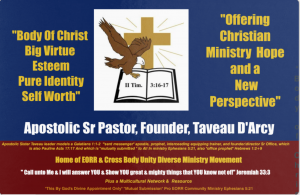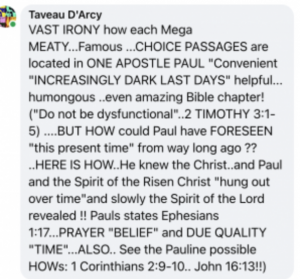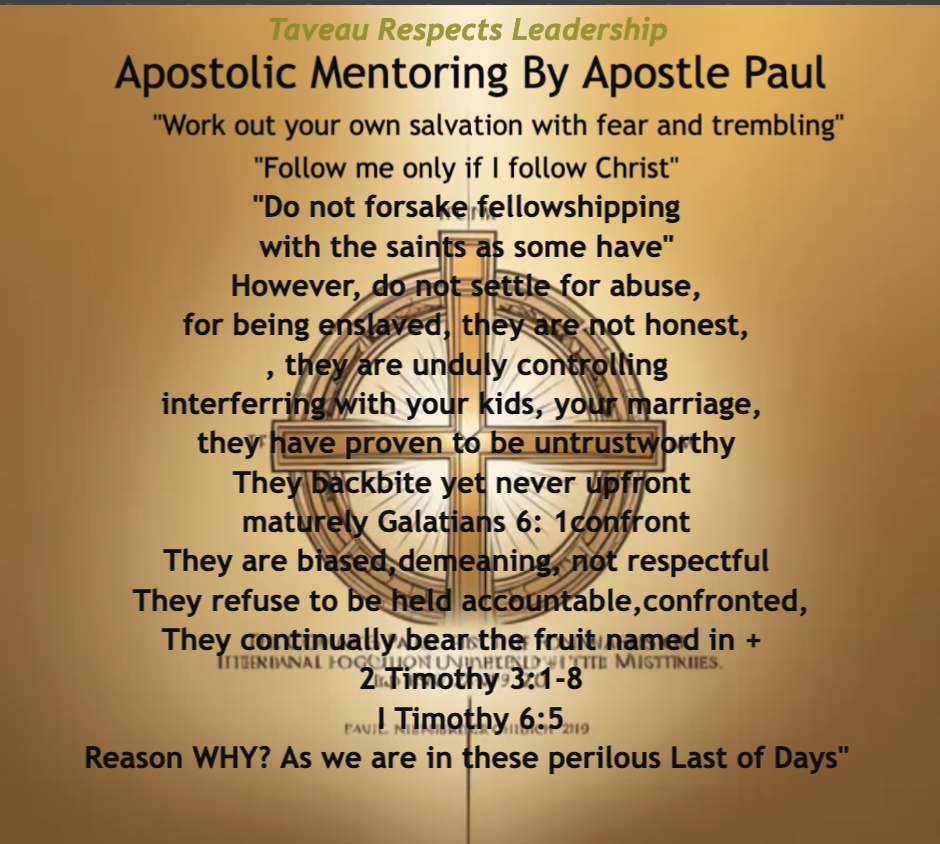
JUST FOR THE WEB CURIOSITY “INQUIRING MINDS”
MINISTRY LEADERS IN REAL SCANDAL
Taveau asks CHAT GPT AI about First Church Customs

“THE AI AND I” WHAT ABOUT GENUINE SCANDAL IN THE SR MINISTRY?
(C)2024 Taveau D’Arcy All copyrights reserved under international copyright laws
This what Sister Taveau asked CHAT GPT AI
Q, In first church What was the procedure when a son and his wife found that a person in the ministry had abused his tiny daughter. How would they proceed in that time..the offices, church, society and roman civil, church authority “rules”
This is what follows. CHAT GPT AI stated every single jot and tittle.
The First Church operated in a context shaped by early Christian principles, Jewish law, and Roman civil authority. When dealing with cases of abuse, the response would have depended on the interplay between these systems:
1. Christian Church Procedures:
Matthew 18:15-17: The early church was guided by Jesus’ teaching on conflict resolution. The son and his wife would likely confront the abuser privately first. If unrepentant, they would involve one or two witnesses. If the matter still wasn’t resolved, it would be brought before the church assembly.
Church Discipline: Severe offenses, especially those harming others (like a child), would result in public reprimand or excommunication to protect the community and maintain moral standards (1 Corinthians 5:1-5).
2. Jewish Law Influence:
Old Testament Principles: Early Christians often upheld the moral teachings of the Torah. The Mosaic Law condemned abuse (e.g., Deuteronomy 22:25-27 and Leviticus 18:6-18). Severe crimes might call for restitution or even capital punishment under Jewish law, though its enforcement was limited under Roman occupation.
3. Roman Civil Authority:
Legal Recourse: Under Roman law, sexual abuse, particularly of minors, was considered a crime. The family could report the abuser to Roman authorities, who would handle the matter through the judicial system. Punishments could range from fines to exile or execution, depending on the severity of the crime.
Christian Vulnerability: Since Christians were a marginalized group, reporting to Roman authorities carried risks, such as drawing unwanted attention to the church.
4. Societal and Cultural Considerations:
Community Protection: The early Christian community placed high value on protecting its vulnerable members, including children (Mark 9:42). An abuser would face both societal condemnation and exclusion from the fellowship.
Patriarchal Structure: In a patriarchal society, the father or male guardian would be expected to take the lead in addressing the issue, ensuring justice and the family’s honor.
5. Offices in the Church:
Elders and Overseers (Bishops): Church leaders (1 Timothy 3, Titus 1) were responsible for upholding discipline. If the abuser was part of the ministry, they would likely be removed from office and subjected to public rebuke (1 Timothy 5:19-20).
Deacons and Apostles: These figures might mediate or support the family in pursuing justice.
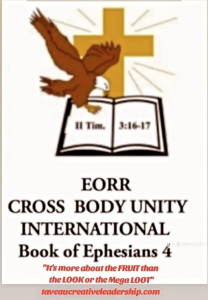
Historical Context:
The First Church emphasized justice, repentance, and restoration but did not condone sin or protect offenders, especially those who harmed the vulnerable. A combination of spiritual, communal, and legal approaches would be employed to address such a grievous act.
Taveau then asked:
Would they put in in all of the local newspaper for society?
Also, Would they make tell all video if they were in that media era, like now?
ChatGPT said:
No, the First Church would not have engaged in public shaming or “tell-all” approaches like publishing in newspapers or making videos, even if such media had existed in their time.
Their response would have been guided by biblical principles and practical considerations for protecting the community, preserving dignity, and addressing the issue with justice.
Why They Would Not Publicize It Widely
Biblical Principles of Conflict Resolution:
Matthew 18:15-17 outlines a structured process for dealing with offenses, starting privately and escalating only as necessary. Public exposure was reserved for unrepentant individuals after multiple warnings, and it was limited to the church community.
1 Corinthians 6:1-8 discourages taking disputes among believers to secular courts or public venues, emphasizing resolving issues within the Christian community whenever possible.
Focus on Repentance and Restoration:
Early Christians sought justice but also emphasized repentance, restoration, and reconciliation. Public shaming would likely be seen as counterproductive to these goals (Galatians 6:1).
Protecting the Vulnerable:
Publicizing the case widely might further harm the child or family involved, subjecting them to unnecessary scrutiny or stigma. The church prioritized care and healing for victims.
Community Reputation:
Early Christians were often under scrutiny by Roman society. Public airing of internal matters could bring disrepute to the church, distracting from its mission to spread the Gospel (1 Peter 2:12).
How They Might Handle It Instead:
Internal Discipline:
The offender would face disciplinary measures within the church, such as public rebuke (within the congregation), excommunication, or removal from ministry (1 Timothy 5:19-20).
If the offense was criminal (e.g., abuse), the church might involve Roman authorities to ensure justice, depending on the circumstances and risks involved.

Teaching and Prevention:
Leaders might use the situation (without naming individuals) to teach the congregation about righteousness, justice, and protecting the vulnerable, emphasizing the need for vigilance.
Comparison to Modern Practices:
Tell-All Videos: Making videos or publishing “tell-all” accounts for a global audience would be inconsistent with biblical principles of addressing sin directly and protecting victims. Such approaches often risk being exploitative, self-promotional, or sensationalist.
Focus on Justice, Not Scandal: The early church sought justice while avoiding unnecessary scandal. They emphasized addressing sin with integrity and preserving the unity and witness of the church.
In essence, the First Church would prioritize justice, repentance, and care for the victims, avoiding public spectacle or unnecessary humiliation for all involved.
PART 2 will conclude tomorrow
(C)2024 Taveau D’Arcy All copyrights reserved under international copyright laws, in conjunction with AI



